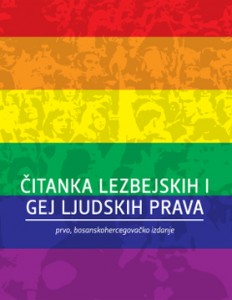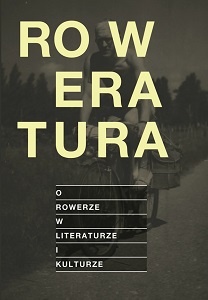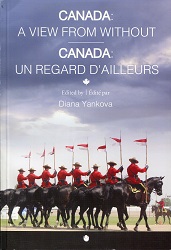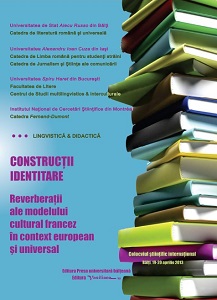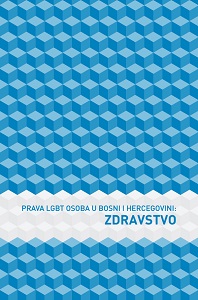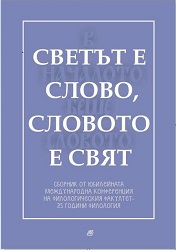
ПАРУСА РУССКОЙ ЛИТЕРАТУРЫ. ОТ ОДИНОКО БЕЛЕЮЩЕГО ПАРУСА ДО БРИГАНТИНЫ, ПОДЫМАЮЩЕЙ ПАРУСА
The sail has an important place in Russian literature from the XIX and XX centuries, being a literary image, a symbol, a bearer of the author’s message. In the article I have written is being analyzed its history – from its first arrival (1828) in Bestuzhev (Marlinsky)’s poem “Andrey, Knyaz of Pereyaslvl”, followed by Lermontov’s “The Sail”, Bunin’s “Song” (“Pesnya”), Grin’s “Scarlet Sails”, V. Kataev’s “A White Sail Gleams” to the famous “Brigantine”, written by Pavel Kogan. Connected to the water and the air, the sail absorbs the essence of the elements. In this way, it becomes a verbal center for the fictional world of freedom, an illustration of the dream, an expression of yearning for the unfulfillable.
More...
